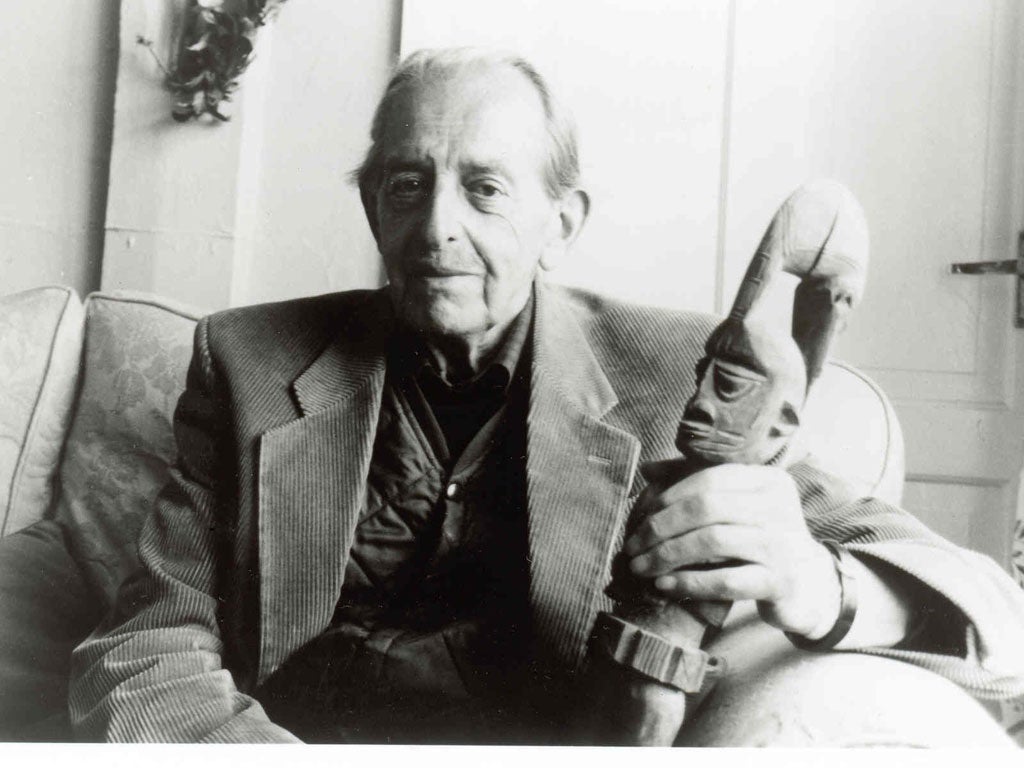Stephen Bayley: Fact and fantasy – in the right hands – can work magic

Who is the greatest modern travel writer of them all? My favourite is Norman Lewis. As the first importer of the Leica to Britain – the RG Lewis camera shop still exists in Holborn, central London – he has some claim to have helped to create the genre of travel journalism. That, for personal use, he also imported the first Porsche is simply further evidence of a commitment to mobility combined with a passion for technical excellence which is reflected in his witheringly precise prose.
Lewis was interested in conflict and disruption and human folly more than he was interested in lounging in a recliner taking in the view. He often found himself in places at critical moments of change. His Voices of the Old Sea tells the story of his time in Farol, Catalonia, after the Second World War. He describes how one day the first developers motored into the village from Barcelona, tentatively buying up this and that before building the first hotel. Soon all the rest was high-rise.
Lewis's detachment could not disguise a genuine moral commitment to his causes. The same detachment also makes his writing very, very funny. When I experience delays, overbooking, storm-tossing, lies from sat-nav, payments declined, travelling on Ryanair, or suffering any other distress which contemporary travel affords, I sometimes think: "What would Norman Lewis have done?" So it was with great interest I lately discovered from his biography that there are elements of inconsistency in what were thought were Lewis's scrupulous observations.
Patrick Leigh Fermor was a different sort of travel writer. His prose was what Lawrence Durrell described as "truffled", so rich is it in exotic flavourings. Once, on a Greek island, with a Patrick Leigh Fermor book to hand, I made it my task to count how many times the word "sheepfold" appeared. Has any other writer ever used the expression "Islamised Bogomil"?
Certainly, the words have a sonic poetry, but after so many repetitions by Leigh Fermor, the sound of "Geranian Megarid" makes you punch-drunk. The contrast to the strict economy of Lewis's prose is dramatic. But they have one thing in common. We now know that Patrick Leigh Fermor was, if not actually a fantasist, then at least an imaginative editor of experience and a genius aggregator of real fact and artfully improved fact.
This insight we owe to Artemis Cooper's meticulously researched new biography. The Leigh Fermor myth depends on his "Great Walk", an epic journey on foot from London to the Danube (or the Riparian Bride of Smederova, as he might have put it). This experience was the source of his wonderful books. He writes of penury, mud, flea-bitten puttees, a tired greatcoat, wet boots, a damp bedroll plus fireside sing-songs with murderous gypsies. However, as Cooper reminds us, the arduous and heroic "Great Walk" was also regularly punctuated by long stays and grand dinners with the pre-war German aristocracy and its sophisticated plumbing.
The greatest modern travel writers went on imaginative journeys which seduced us all. They were not detained by dismal facts. For that, I think, we should all be very grateful.
Join our commenting forum
Join thought-provoking conversations, follow other Independent readers and see their replies
Comments